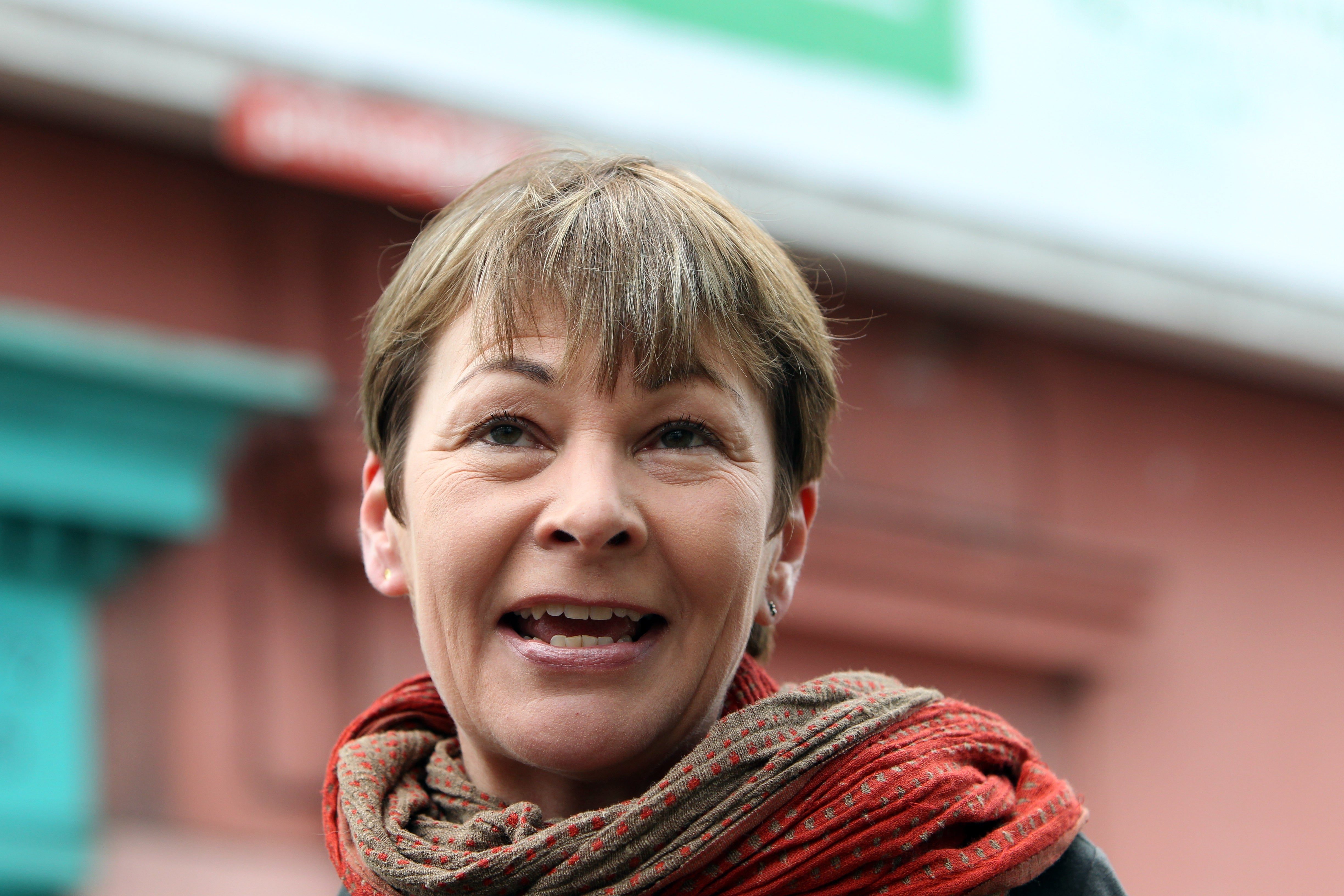Britain must stay in the EU to have any hope of tackling climate change
It’s difficult to see how we would tackle air pollution from coal and cars by going it alone


When international climate talks opened in Paris on Monday, world leaders from almost 150 nations came together in an unprecedented show of unity and common purpose. The UK is there as a nation state in its own right, but also as part of the EU. When it comes to tackling climate change, as well as other global challenges, the UK’s membership of the EU means we’re at the top table.
It makes sense that countries need to work together in the face of cross-border issues such as climate change. It was the EU’s political decision in 1990 to cap emissions of greenhouse gases by 2000 that formed the cornerstone of the 1992 UN climate convention. Yet, as the Paris climate talks get under way, the UK’s place in Europe is under threat.
The implications for environmental progress of the UK leaving the EU are worrying on many fronts. Our influence would be diminished. And domestic progress, in particular harnessing clean home-grown renewable energy, would be hampered yet further.
The wisdom of taking a collective approach to cross-border environmental problems is backed up by the Government’s own analysis of the UK’s relationship with the EU, in its “balance of competences” review. Environmental protection emerges as a clear frontrunner among issues where EU action delivers the best results, with the review finding that: “A large number of organisations representing all sectors considered that it is in the UK’s national interest for the EU to have a degree of competence in the broad areas of environment and climate change because of the advantages that this brings for the single market and environmental protection.” It adds: “The majority of respondents believed that EU competence has increased environmental standards in the UK and across the EU and that this has led to improved performance in addressing several environmental issues.”
It’s difficult to see how we would effectively tackle air pollution from coal and cars, marine pollution, or climate change by going it alone. The fundamental principle underpinning the Birds and Habitats directives – that we need a level playing field across Europe to prevent a “race-to-the-bottom”, where member states seek to gain competitive advantage by destroying the natural environment – is more relevant than ever. These directives were a British proposal. We should be proud of them and resist attempts to water them down.
For challenges that span national boundaries, we need to work closely with other countries to solve them – to avoid duplication, increase co-ordination, and pool resources. The EU can also provide a space for more radical ideas to develop and become mainstream while they’re still off the radar of UK politics.
Efforts to create a circular economy in Europe, for example, have the potential to be hugely beneficial by driving a radical shift of both consumption and production.
Now is the time for environmentalists to get off the fence and speak out about the EU’s crucial role in securing action on climate change and protecting nature.
That’s not to say the EU is a paragon of climate progress. Far from it; there are many areas where it must go much further. In making the case for the UK to remain in the EU, environmentalists should also identify where the EU needs to do better.
When it comes to EU proposals that fail to adequately protect the environment, we need to make sure we’re pointing the finger in the right direction. Whether it’s the “better regulation” agenda threatening to slash crucial environmental protections, inadequate carbon-reduction targets, or weak fracking safeguards, too often it is individual countries – and especially UK ministers – that are blocking ambitious environmental outcomes sought by the European parliament.
EU-wide action is hugely important when it comes to coping with the impacts of climate change, too, especially in regard to nature and wildlife and the need for a network of protected habitats that stretch across borders to allow species to move.
With the EU referendum on the horizon, it’s more urgent than ever for environmental leaders in the UK to make their voices heard. For climate campaigners in the UK, now is the time to make the case that Britain in Europe is a stronger force for global climate justice. That’s why today Britain Stronger in Europe is launching a petition making that case, and I invite you to sign it.
As we work together for a historic agreement at the Paris climate talks, let’s embrace the extra strength of working together as the EU, and not turn our back on a significant asset in the fight for a safe climate and healthy natural world.
Caroline Lucas is the Green Party MP for Brighton Pavilion



Join our commenting forum
Join thought-provoking conversations, follow other Independent readers and see their replies